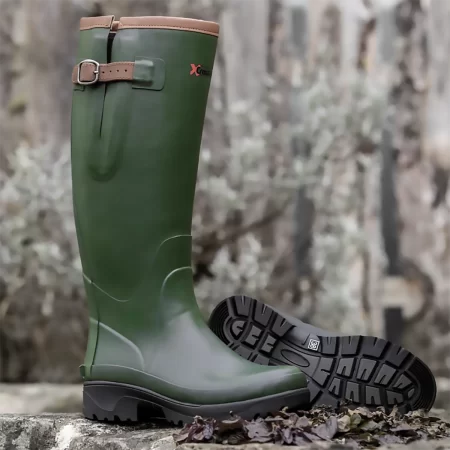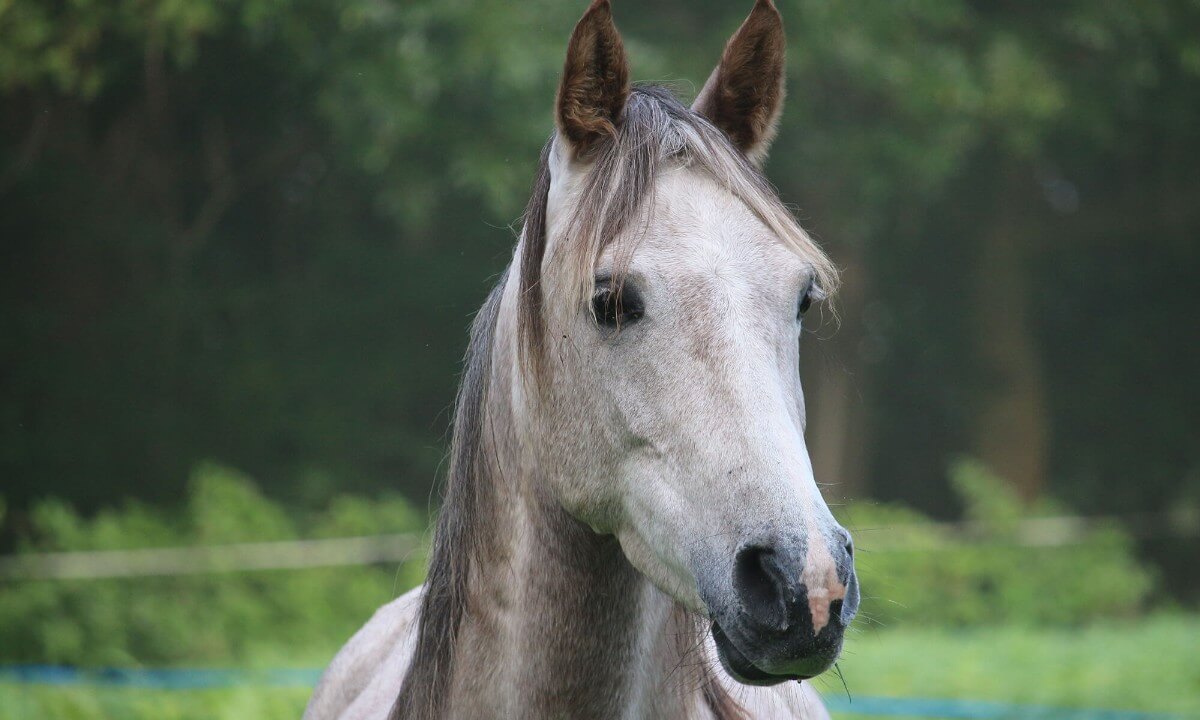Horse passport regulations
Horse Passports (England) Regulations 2004 require that all equines are issued with an identification passport once they reach 6 months of age and it is illegal to sell, export, slaughter for human consumption, compete or breed from a horse that does not have a passport. An owner can be fined up to £5,000 if they don’t have an up-to-date horse passport.
The Horse Passport Regulation 2009 also included a requirement for all equines born after June 2009 to be microchipped.
The purpose of horse passports
The purpose of horse passports is to provide an identification document for the horse and to ensure that horses that have been treated with certain veterinary medicines are not slaughtered for human consumption.
The issuing of horse passports
Passports are issued by Passport Issuing Organisations (PIO) and these organisations can be found on the Gov.uk web site. Each PIO issues the horse with a Unique Equine Lifetime Number (UELN) and the passport includes details of the horse such as name, date of birth, colour, markings, freezemarks, microchip details along with details of the registered owner. However horse passports are not proof of ownership of the horse, but are an indentification document for the horse.
The cost of a horse passport
The costs of a obtaining a horse passport can vary according to the PIO. A basic identify passport can cost around £15-£20 but on top of this a vet visit is required to complete and sign the ID form and microchip the horse (if not already microchipped) and so in total the cost can be around £100. Passports issued by breed societies and stud books can cost more as they also include a registration fee for the breed society or stud book.
Veterinary treatment
There is a section in the passport to record medicines adminstered and vaccinations and a Section IX which should be signed by the owner to declare that the horse is not intended for human consumption. Signing this section will allow the horse to be treated with certain restricted drugs (such as phenylbutazone or bute).
The horse passport should always be produced when a vet examines or treats your horse and failure to produce the passport may restrict the medicines that can be administered to the horse. The passport should always be kept by the person responsible for the day-to-day care of the horse so that the passport can be produced in the event of emergency veterinary care. This may be the owner, someone who keeps the horse on loan, a livery yard or stud where the horse is on full livery, etc.
Transporting horses
The horse passport should always travel with the horse when being transported and it is an offence to transport a horse without its passport. Professional horse transport companies will refuse to transport a horse without its passport whether hired to transport the horse originally or if called out to collect the horse in the event of breakdown or accident of privately owned transport.
Competitions
Event organisers may require the horse's passport UELN on competition entry forms and may also conduct spot checks at events or require the horse's passport to be presented to stewards at competitions on arrival. Failure to produce the horse's passport when requested can result in being unable to compete.
Insurance
Many insurance companies require the horse's passport details in order to issue insurance and in the event of a claim failure to be able to produce the passport could invalidate any insurance claim.
Transferring a horse passport upon sale of the horse
The horse passport remains with the horse throughout its life and it is illegal to sell a horse without a passport. The horse passport should be given to the new owner at the time of sale and the new owner should then notify the PIO of the change of ownership within 30 days of the sale. This requires the new owner to return the passport to the PIO for amendment along with a change of ownership fee.
Lost passports
It is illegal to knowingly apply for a duplicate passport for an equine. However, if a horse passport has been lost the owner can apply for another from the original PIO. If you are unsure of the PIO of the original passport you can apply to another PIO stating the original has been lost. If the original passport is later found the PIO should be notified.
Death of a horse
In the event of a horse's death the owner should return the passport to the issuing PIO within 30 days so that they can update their records and invalidate or destroy the passport.












